Facts about British Slavery 2. They also kidnapped enslaved Africans.
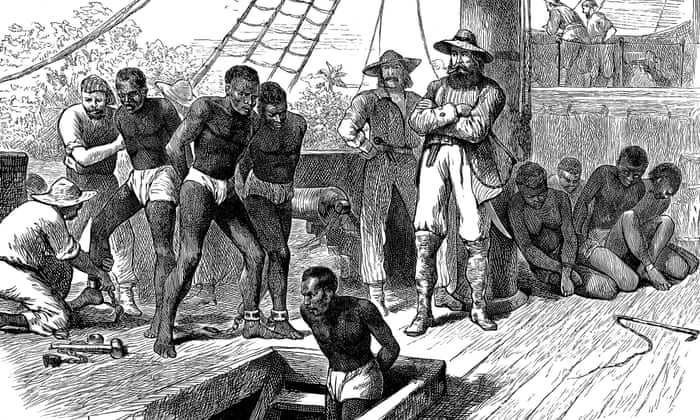 The History Of British Slave Ownership Has Been Buried Now Its Scale Can Be Revealed Slavery The Guardian
The History Of British Slave Ownership Has Been Buried Now Its Scale Can Be Revealed Slavery The Guardian
In 1729 the then-Attorney General and Solicitor General of England signed the Yorke-Talbot slavery opinion expressing their view and by implication that of the Government that slavery of Africans was lawful in England.
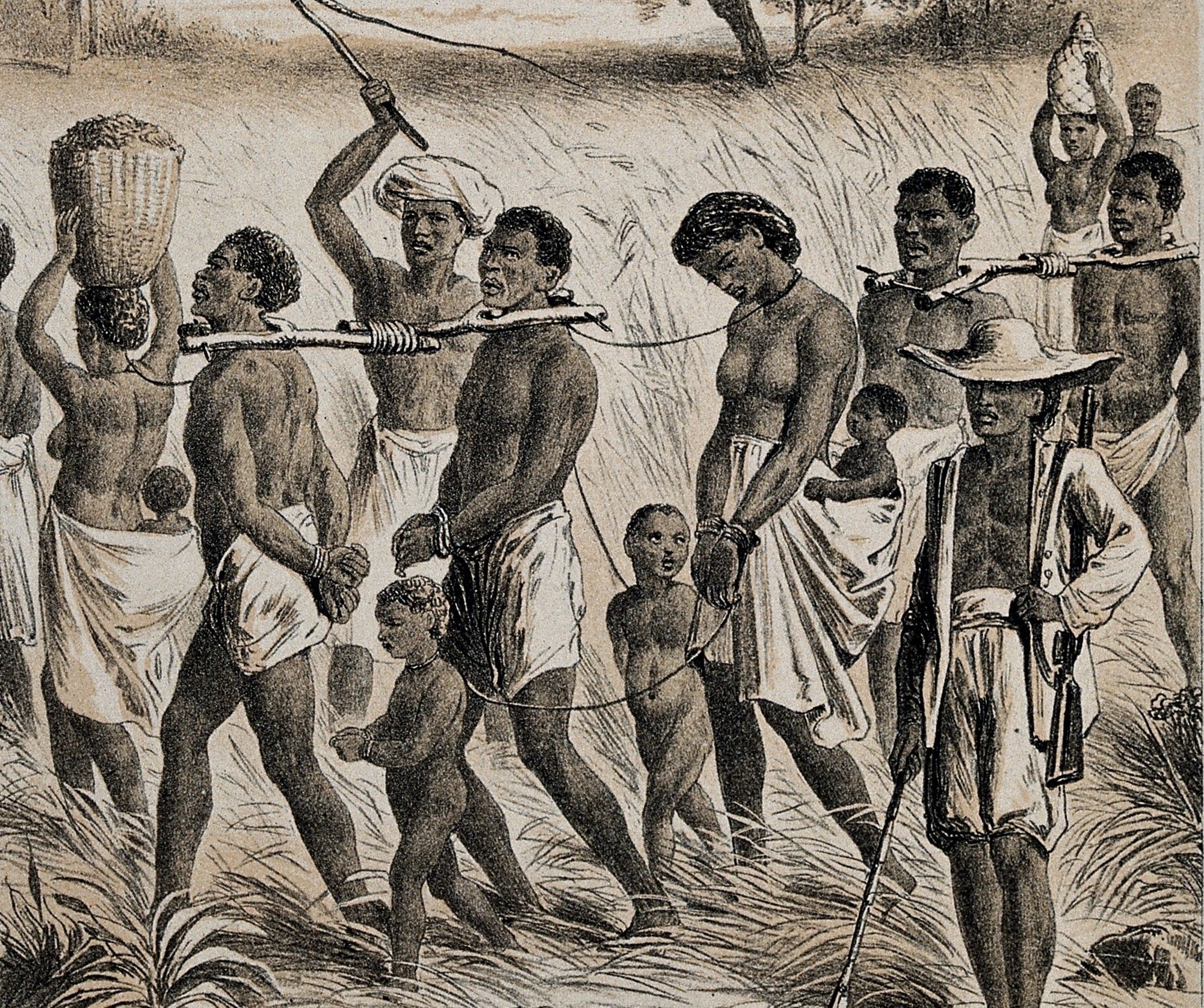
History of slavery in england. A generation or so earlier slavery and the slave trade had been widely accepted. Yet until a statue of slave trader Edward Colston was toppled in Bristol at the weekend Britains role in. At this time slaves were openly bought and sold on markets at London and Liverpool.
The British Position on Slavery in the Era of Revolution By Adam E. One expert in the field has recently suggested that the true figure may have been as high as 30 per cent. In Anglo-Saxon England at least ten per cent of the population were slaves and possibly many more.
In the Spring 1796 after eight months of struggle 550 Maroons and their families of Trelawney Town surrendered. Zielinski When we discuss the existence practice and tolerance of chattel slavery in North America during the seventeenth and eighteenth centuries we must. To be a slave was to be held in the most abject of conditions.
An 18th century depiction of slave compounds maintained by Portugal France England and the Netherlands in what is now Nigeria. The fishermen and coastal dwellers of 17th-century Britain lived in terror of being kidnapped by pirates and sold into slavery in North Africa. The Atlantic slave trade During the Atlantic slave trade the largest participants in the sales were British merchants.
It led to the sharp growth of indentured servitude and slavery because the more slaves imported by a colonist the larger the tracts of land received. Slavery in the Colonies. Trusted enslaveds accompanied the militia to hunt down and destroy Maroon retreats and homesteads.
England was a peripheral player in Europes early imperial ventures but English pirates and privateers did not only plunder gold from Spanish and Portuguese ships. The British Empire relied on cultivating products in order to trade in a global market. Quickly they were coming to regard the slave trade as inhumane wasteful horrid and shameful rather than as.
The company is financed by royal aristocratic and commercial capital. The Royal African Company is formed in order to regulate the English slave trade with a legal monopoly over the 2500 miles of African coast from the Sahara to the Cape of Good Hope. Slavery was the central institution in the British Caribbean.
Promises of prosperity and land were used to lure the poor who were typically enslaved for three to 15 years. The use of slaves was paramount to this process. No West Indian colony Barbara Solow emphasizes ever founded a successful society on the basis of free white labor The region owns the dubious distinction of being the first in the Americas to give rise to the sugar revolution which in turn rested on slavery.
Between 1640 and 1807 it is estimated that Britain transported 31 million Africans to British colonies in the Caribbean North and South America and to other countries. The people who conducted petty crimes in Ireland and England were transported to the colonies as servants or criminals to punish these people in 17th century until 19th century. The thousands of British families who grew rich on the slave trade or from the sale of slave-produced sugar.
British soldiers outnumbered the Maroons and surrounded the area. F we hear at all about Britains involvement in slavery theres often a slight whiff of self-congratulation for abolishing it in 1833 32 years ahead of the US where the legacy of slavery is. Britain had been engaged in slavery since the sixteenth century with economic prosperity being secured through the use of slave-grown products such as sugar and cotton.
By the spring of 1788 however the slave trade had begun to acquire rather different associations to most men and women throughout England and Scotland. The history of British slavery has been buried. Slaves cutting the sugar cane Antigua 1823.
Bbc News Uk Magazine 10 Things About British Slavery
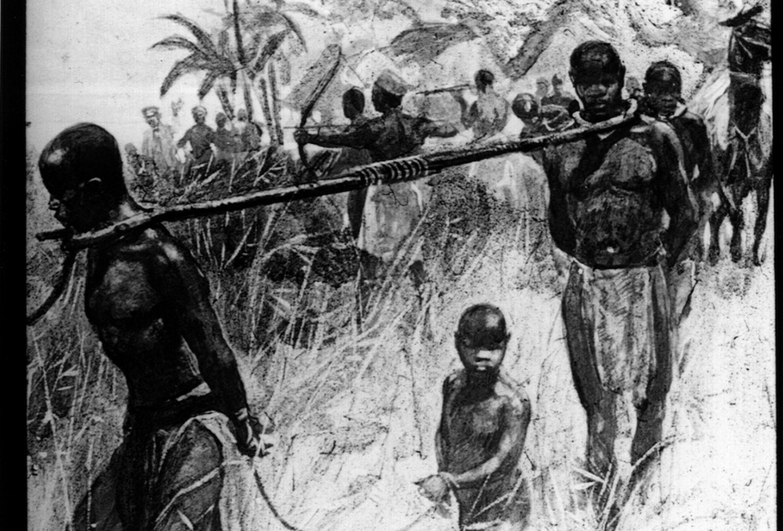 Development And The Abolitionist Movement In History Anti Slavery International
Development And The Abolitionist Movement In History Anti Slavery International
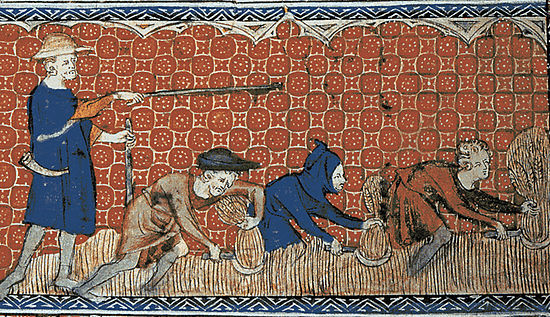 Slavery In Medieval England Broad Continuation Between The 12th And 17th Centuries The Long Run
Slavery In Medieval England Broad Continuation Between The 12th And 17th Centuries The Long Run
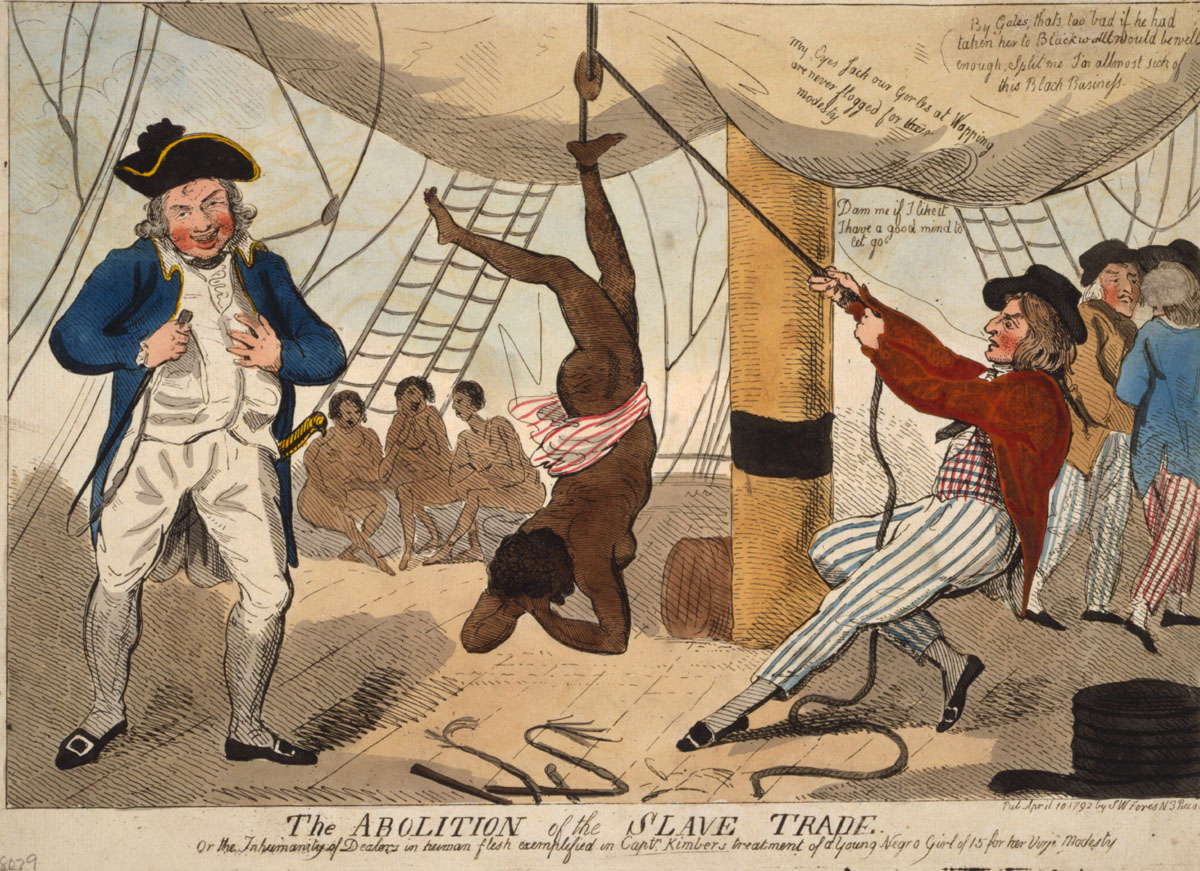 Bibliography For The History Of Slavery Books On Slavery
Bibliography For The History Of Slavery Books On Slavery
 Muslims Were Banned From The Americas As Early As The 16th Century History Smithsonian Magazine
Muslims Were Banned From The Americas As Early As The 16th Century History Smithsonian Magazine
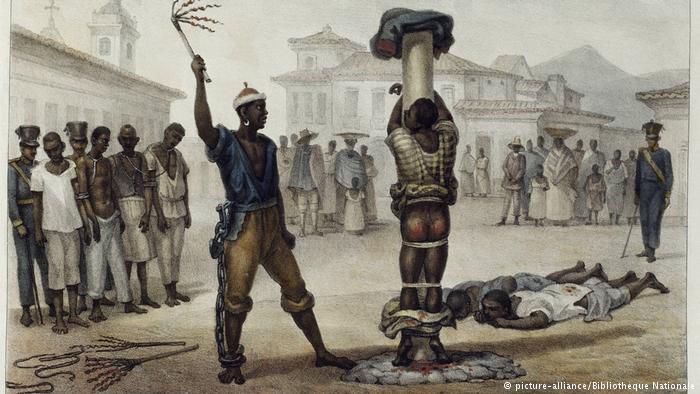 5 Facts You Probably Didn T Know About The Slave Trade
5 Facts You Probably Didn T Know About The Slave Trade
Parliament And The British Slave Trade Black History Month 2021
 How Slavery Persisted In New England Until The 19th Century History
How Slavery Persisted In New England Until The 19th Century History
 A Timeline Of The Abolition Of The British Slave Trade British Heritage
A Timeline Of The Abolition Of The British Slave Trade British Heritage
 Slavery Abolition Act History Impact Britannica
Slavery Abolition Act History Impact Britannica
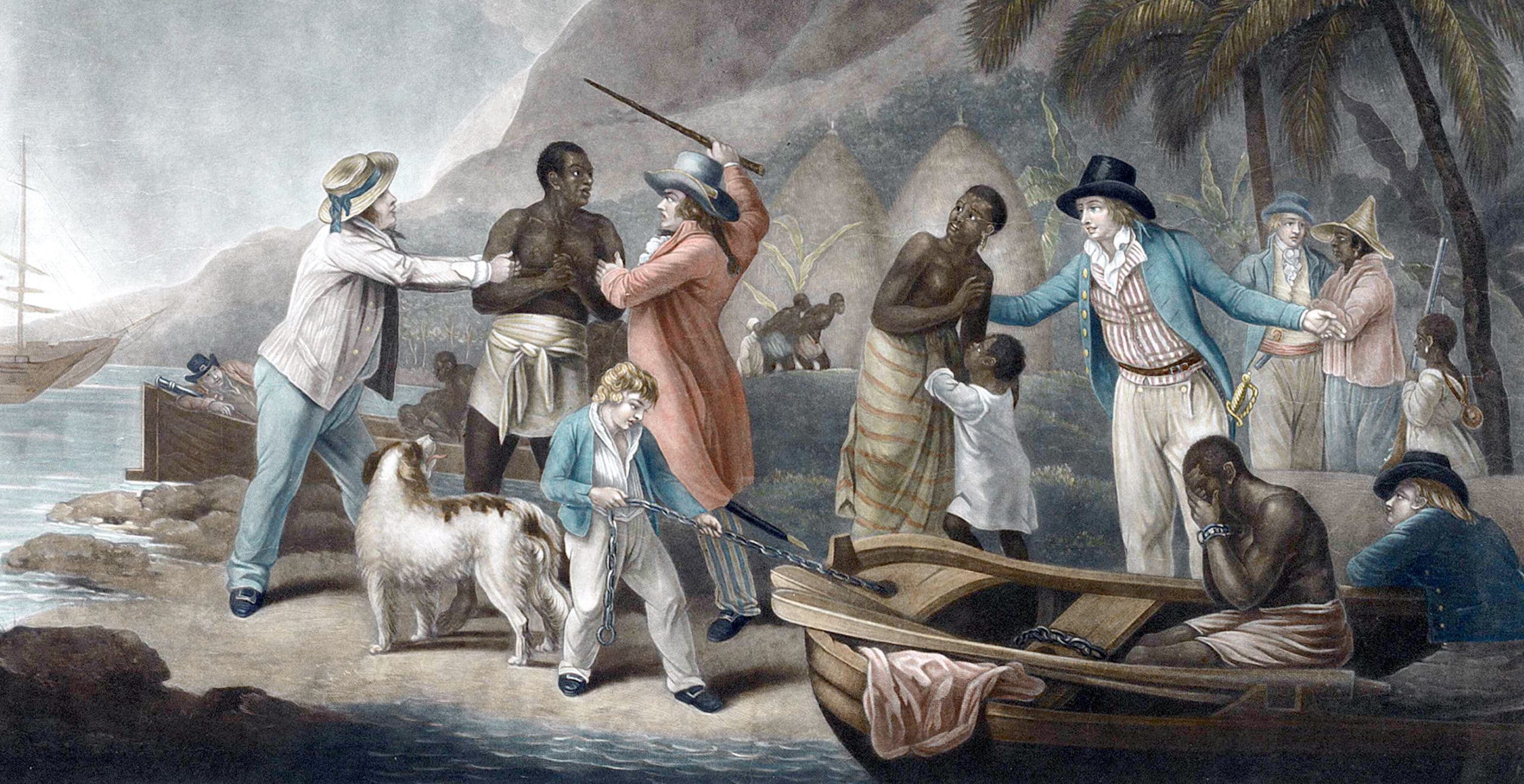 The Abolition Of Slavery In Britain Historic Uk
The Abolition Of Slavery In Britain Historic Uk
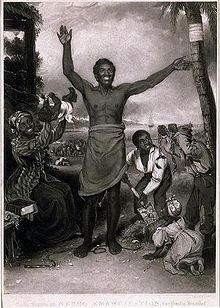
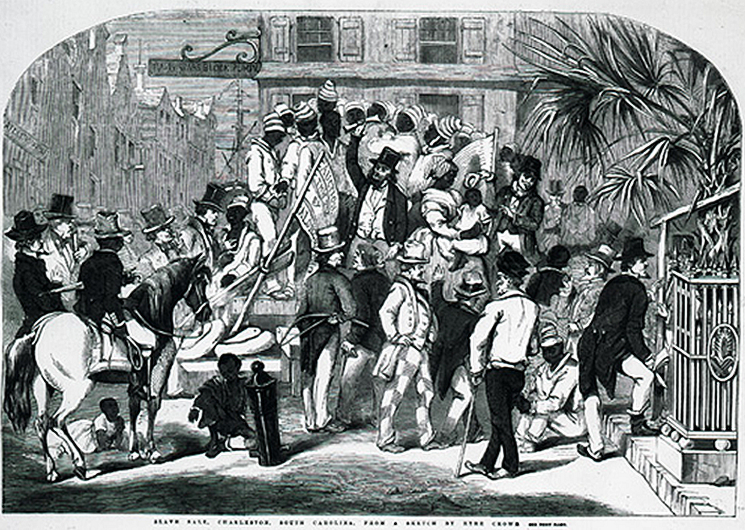
Comments
Post a Comment